Fleet Tracking
Fleet tracking through AirFinder provides your logistics operations with real-time monitoring and management of your vehicles, enabling your company to optimize efficiency, improve safety, and enhance productivity.
Fleet tracking through AirFinder provides your logistics operations with real-time monitoring and management of your vehicles, enabling your company to optimize efficiency, improve safety, and enhance productivity.


Asset tracking is essential for your fleet as it provides numerous advantages in managing and monitoring vehicles and equipment. A fleet tracker provides your company with real-time visibility into the location, status, and utilization of its assets. This enables efficient fleet management by optimizing route planning, scheduling, and resource allocation. By tracking assets, your company can proactively identify potential issues such as unauthorized use, theft, or equipment malfunction, allowing for immediate action and minimizing disruptions to operations. A fleet tracking device also facilitates maintenance planning and helps ensure timely servicing and repairs which prolongs the lifespan of your assets and reduced downtime. Additionally, an asset tracking solution provides valuable data and analytics that help you plan out performance analysis, cost optimization, and informed decision-making.

Link Labs' fleet tracking systems offer a range of features and benefits that can assist your operations such as:
GPS Fleet tracking allows your company to monitor its vehicles in real time, enabling your company to optimize routes and avoid traffic congestion or roadblocks.
Meeting compliance regulations is vital to the success of any company, but it can be hard to do on your own. A fleet tracking software helps companies by ensuring compliance with regulations such as hours-of-service rules and vehicle maintenance requirements.
Asset tracking can help your fleet keep track of vehicle maintenance schedules and ensure that they are properly serviced and maintenance.
Real-time location data can be shared with customers, allowing them to track the status of their deliveries and receive accurate estimated arrival times.
By optimizing your routes and reducing idle time, your business can lower fuel consumption and save money on gas.
AirFinder enhances fleet security by providing real-time monitoring and alerts for unauthorized movement or potential theft of assets.
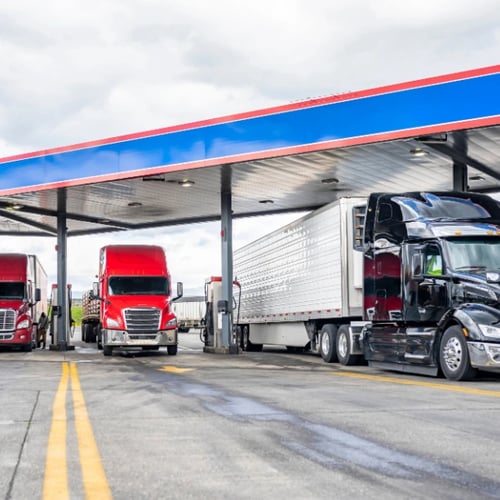
Various companies have gained an advantage by implementing an RTLS trailer tracking solution.

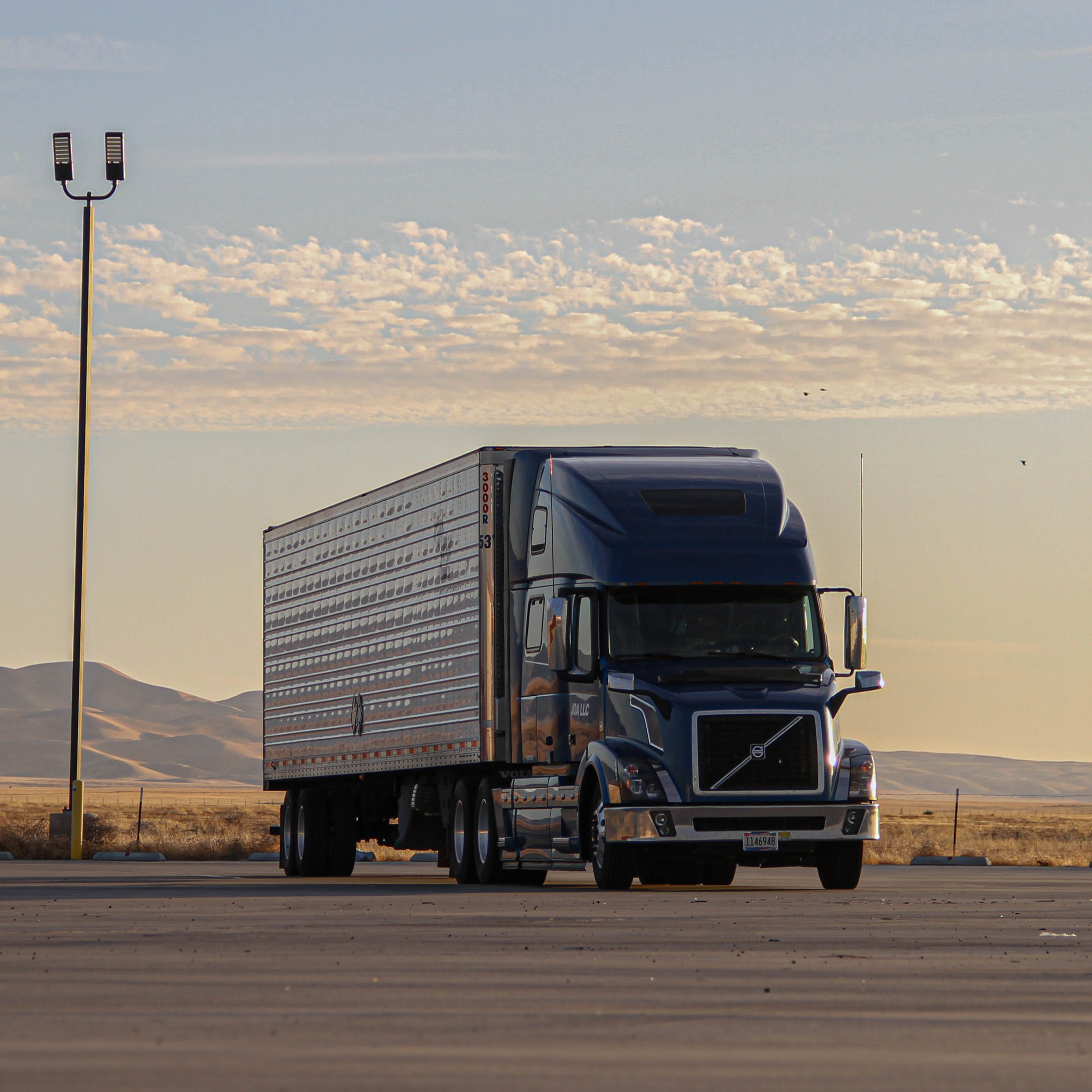
Knowing where your dry vans are is crucial to ensuring successful deliveries. Implementing asset tracking technology for your dry van trailer can provide you with the visibility you need to be efficient.
Learn more about dry van tracking


When it comes to flatbed trailers, security is a priority. Leverage GPS fleet tracking to monitor the movement of flatbed trailers and make informed decisions to enhance operational efficiency.
Learn more about flat bed tracking

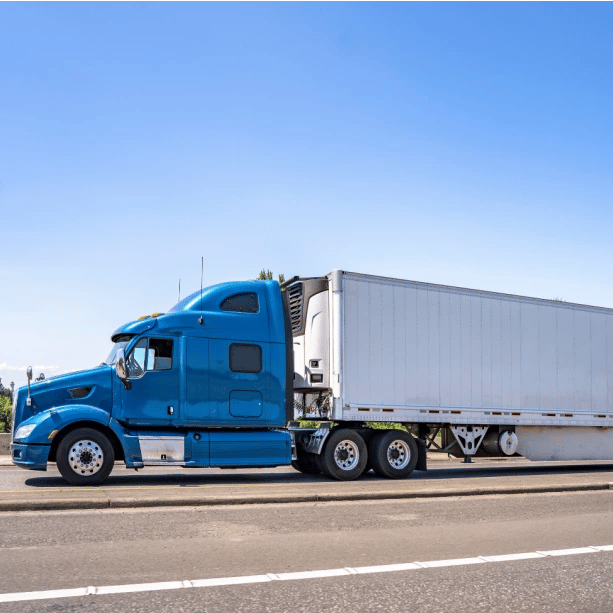
Reefer trucks are constantly carrying sensitive items such as produce or medicine. An asset tracking system with temperature sensors that alerts you of changes in temperature allows you to address problems as soon as they occur.
Learn more about reefer tracking

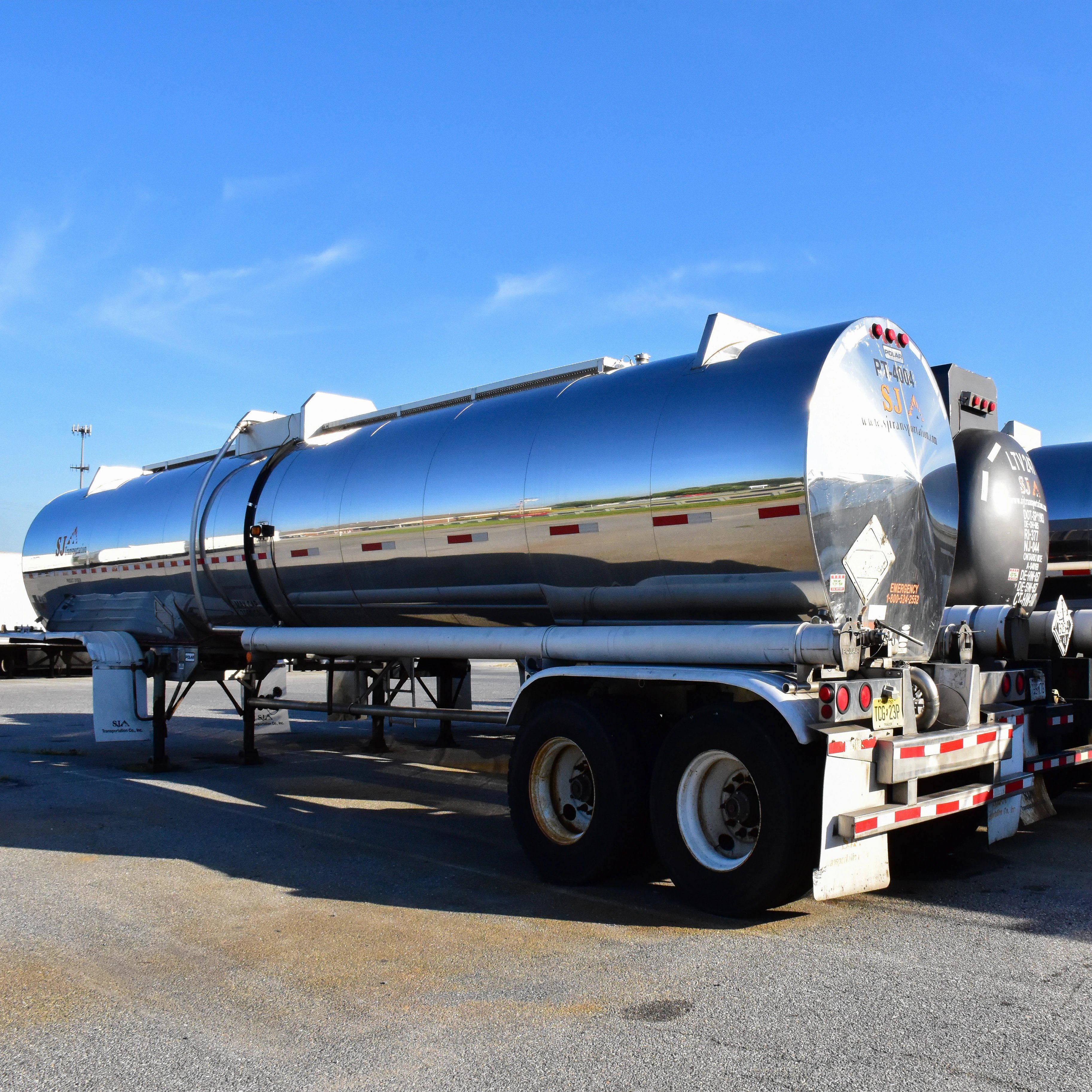
Tanker trucks often carry hazardous or flammable materials. Tracking systems allow constant monitoring of the truck's location, ensuring that it adheres to safety protocols.
Learn more about tanker tracking

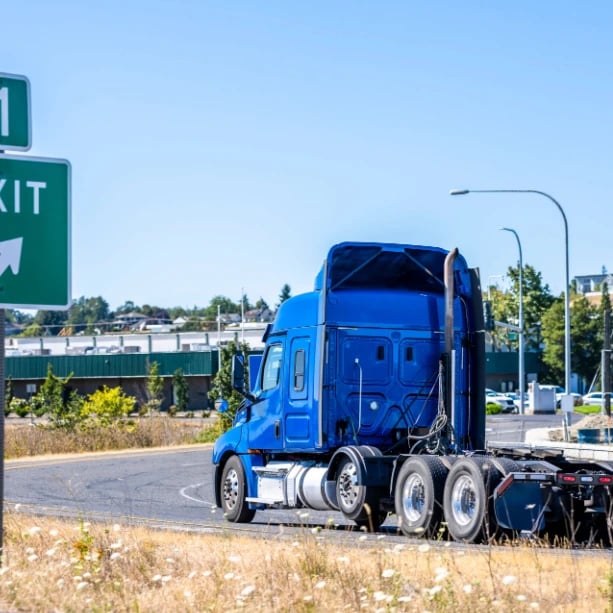
Manually tracking your chassis fleet is a time-consuming and inefficient process. An asset tracking solution gives your company full visibility into the location and status of your chassis.
Learn more about chassis tracking


Car carriers handle high-value assets and must ensure their safety, security, and efficient transportation. An asset tracking solution is the most efficient way to ensure standards are met.
Learn more about car carrier tracking

Want to Learn More?
Fleet tracking refers to the use of Internet of Things (IoT) technologies to monitor and manage a fleet of vehicles or assets. It involves the integration of sensors, connectivity, and software to collect data about vehicles' location, performance, and other relevant metrics.
Fleet tracking systems can collect various types of data, including: vehicle location and geofencing information, speed and acceleration data, fuel consumption and mileage, engine diagnostics and performance metrics, driver behavior, maintenance schedules and alerts, temperature and environmental conditions, cargo or asset monitoring.





